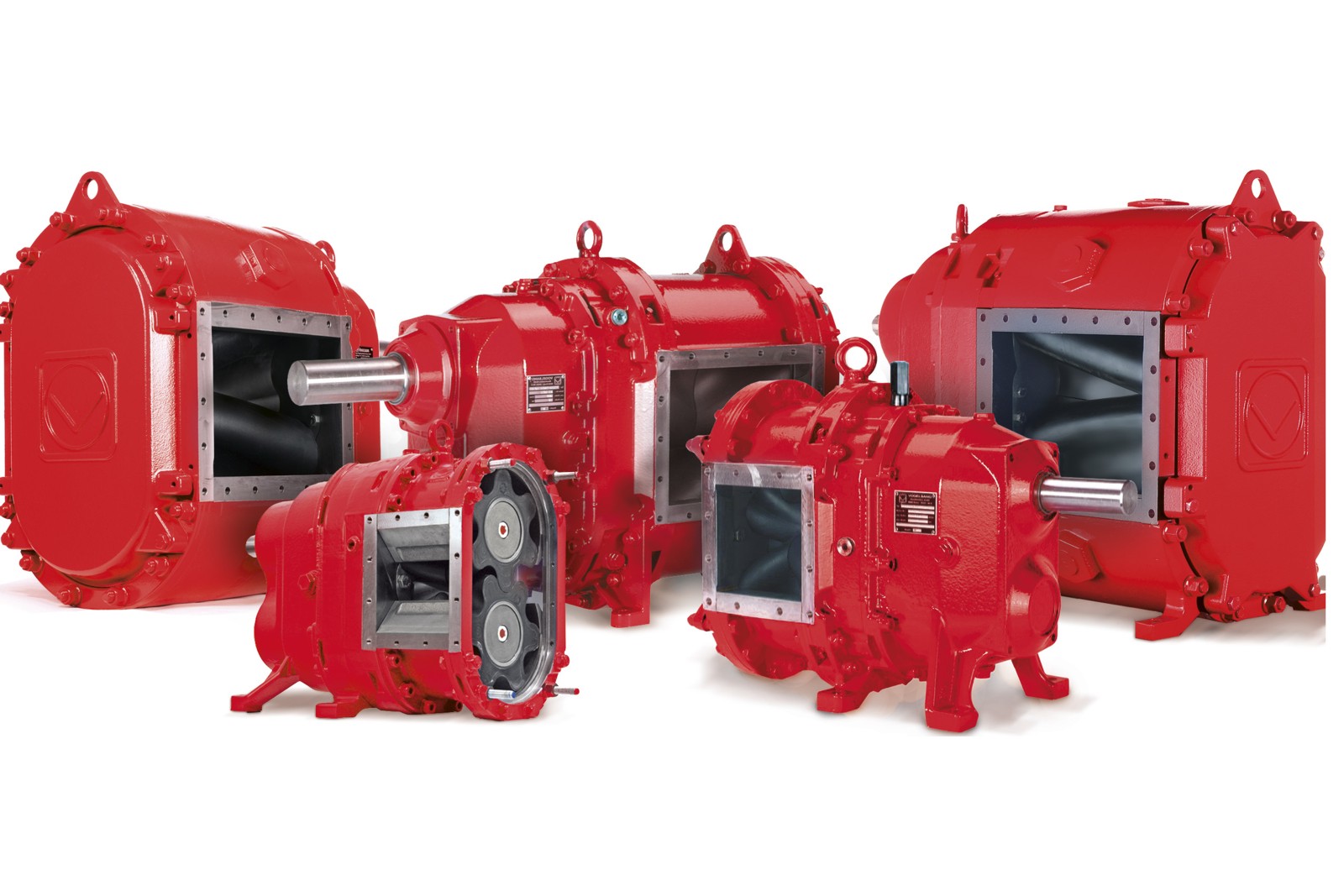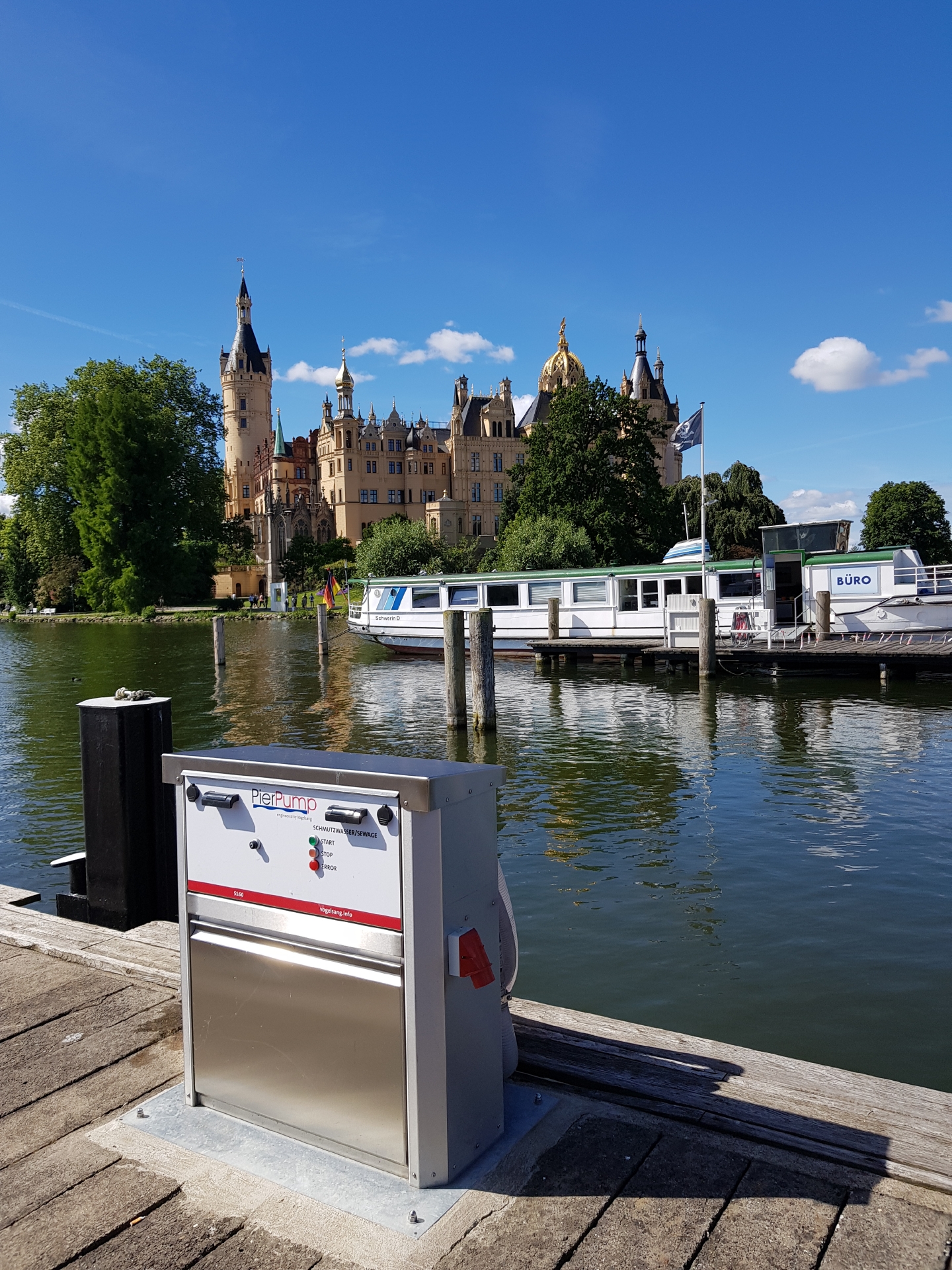Everything that ends up in wastewater and how technology in the sewage system and wastewater treatment plants cope with it
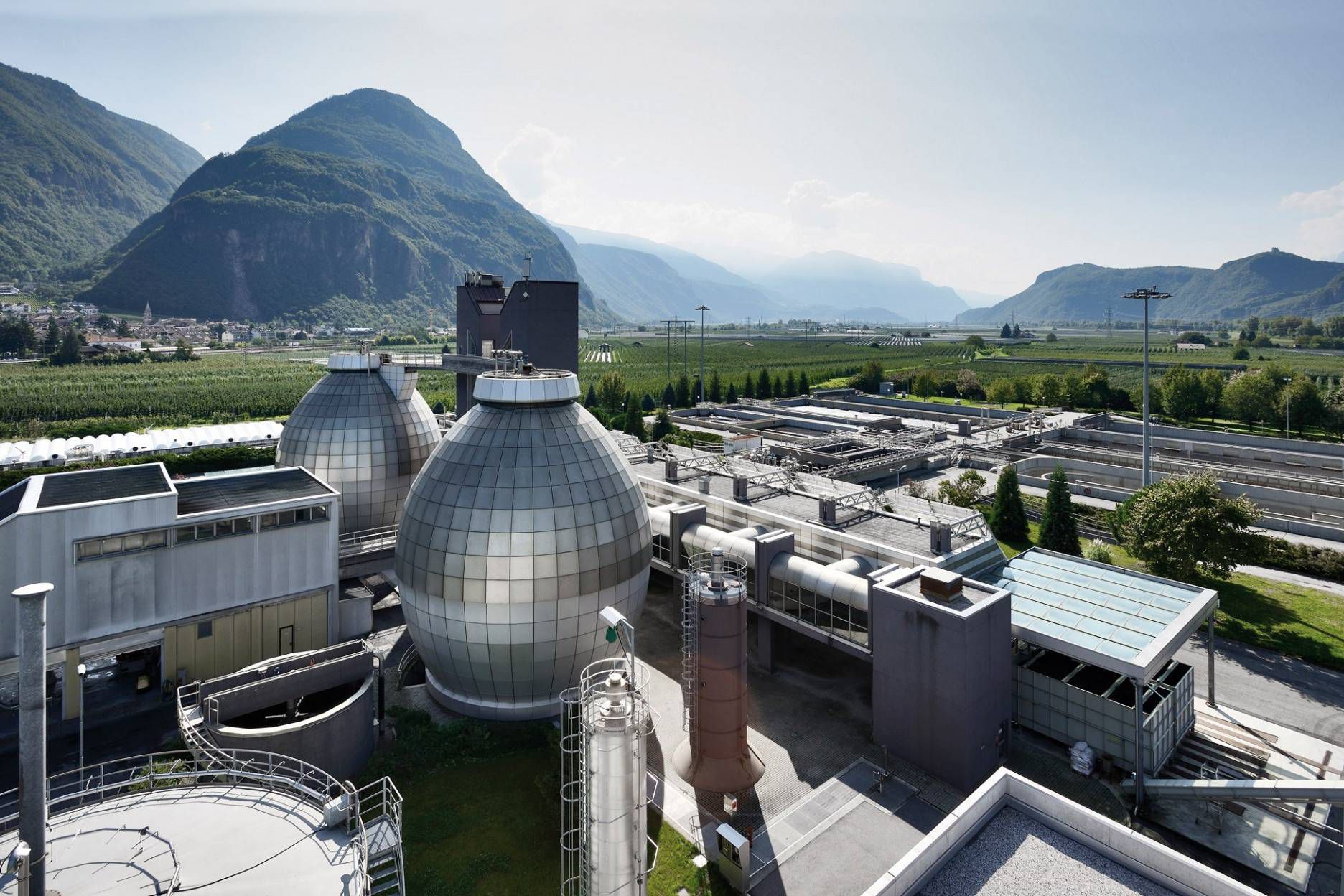
Who would have thought that dentures, identity cards or beer bottles could be found in wastewater treatment plants? It is patently obvious that wastewater treatment plants are not designed for these materials. Another product that are a major challenge for wastewater treatment plants is wet wipes. In many cases, they have become an indispensable part of the household. Wet wipes are used for various purposes, such as cleaning a baby's bottom or special cleaning wipes for toilet or smooth surfaces. However, not every wipe is the same.
Cellulose products, e.g. everyday recycled toilet paper or moist toilet paper, decompose very quickly and can easily run off to the wastewater treatment plant. The same is not true of wet wipes made of polypropylene, polymers or polyester, which are more durable. These are easy to flush but quickly get caught up in the wastewater pump and can cause clogging.
However, there seems to be a lack of understanding of which materials can be disposed of through the wastewater pipe and which should not.
Wet wipe fibers as a central cause of clogging in pumps and sewers
More and more often, hygiene products such as wet wipes, diapers or cotton swabs end up in the toilet, although they do not belong there and should not be disposed of that way. This becomes a problem for the sewage system and wastewater treatment plants. But smaller amounts of moist toilet paper can be flushed can’t they?
According to legal regulations, disposing of wet wipes in the toilet or sewage system is often prohibited.
This makes it all the more surprising that rather than instructions not to flush, the product packaging often includes information on the flushability of the wipes. However, this usually based on recommendations by the European Association of Nonwoven Manufacturers Edana. But they only evaluate the flushability of the wipes and don’t take into account what comes after the wastewater pipe from your own toilet.
As a result, just one water company, Berliner Wasserbetriebe, had to spend about 800,000 euros on extra cleaning costs for affected pumps in 2018. The situation is now so serious that centrifugal pumps with vortex impellers, i.e. pumps with a large spherical passage, struggle to deal with the clogging caused by of wet wipe fibers.
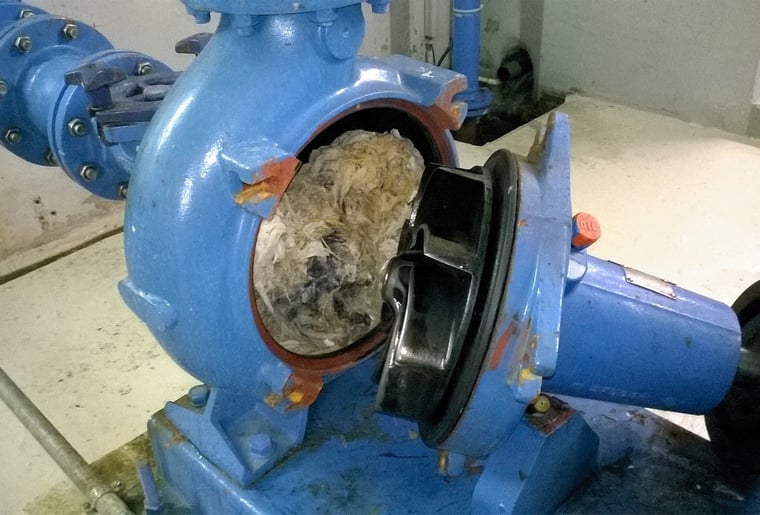
Why and how do blockages occur in the sewer system?
What ends up in sewage pipes is mostly fecal matter, wet wipes and toilet paper, which flow to the wastewater treatment plant along with other wastewater. In order for the water to move, it often flows quite deep into the ground and is then pumped back up by wastewater pumps. This is where wet wipes often cause trouble.
This is because the suction of the water creates a vortex that leads to tangles of fibers and wet wipes that can be several meters long and as thick as a person’s leg. These clogged pumps, wastewater pipes and fittings, the affected parts and components fail and then have to be cleaned and repaired. This is expensive and takes time.
What wastewater technology prevents clogging in the wastewater treatment plant?
To prevent clogging, powerful stand-alone grinders such as the "XRipper" are used. This enables failures to be sustainably avoided and consistently prevents problems occurring.
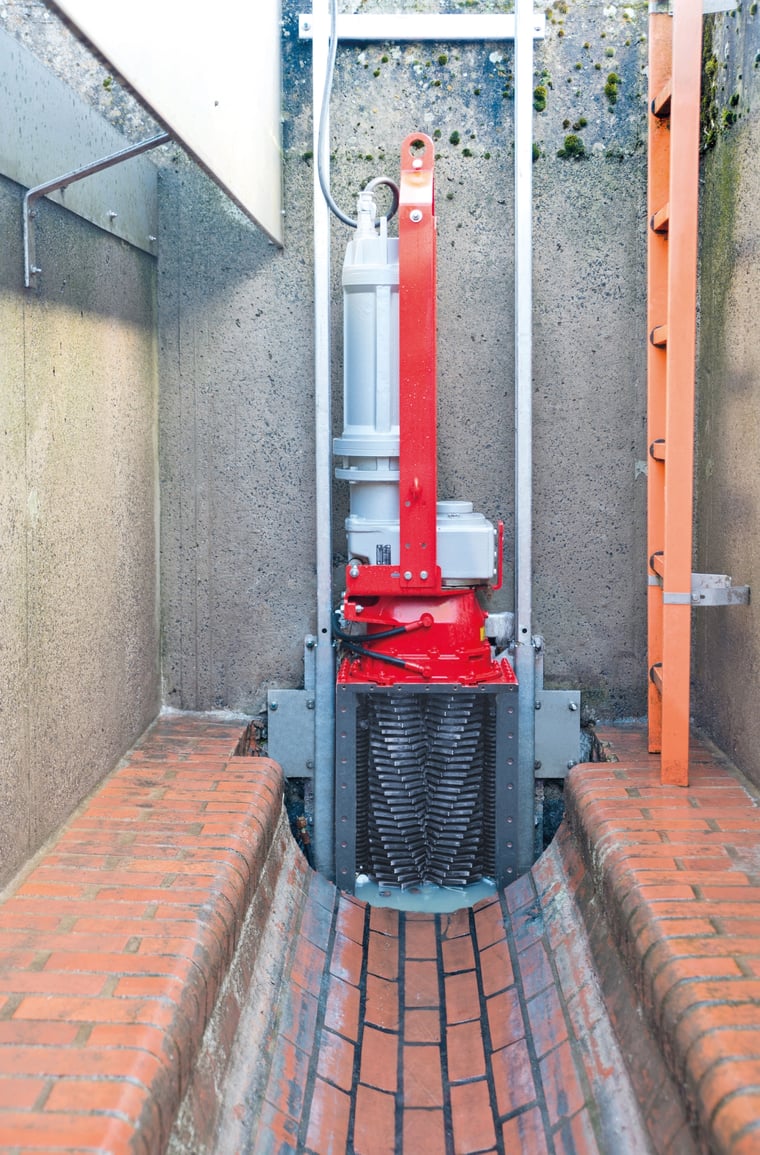
The XRipper for free wastewater pipes
The twin-shaft grinders protect against clogging of sewers, wastewater pipes and pumps, as they are equipped with cutting rollers called Ripper rotors. These have cutting teeth, which capture solids such as wet wipes and shred them reliably. Depending on the material, the „XRipper“ breaks up solids by cutting, shredding or grinding them so that they do not cause malfunctions in pumps and valves. However, the fragments remain large enough to be sorted out by the downstream screens, ensuring they do not end up in the wastewater treatment plant.
The use of a grinder is sustainable and effective, but requires coordination with the downstream equipment. Otherwise, there is a risk that the problem will merely be shifted to the downstream wastewater treatment plant. The technology used must therefore be individually adapted to the specific situation. Our wastewater experts are always ready to help you here.
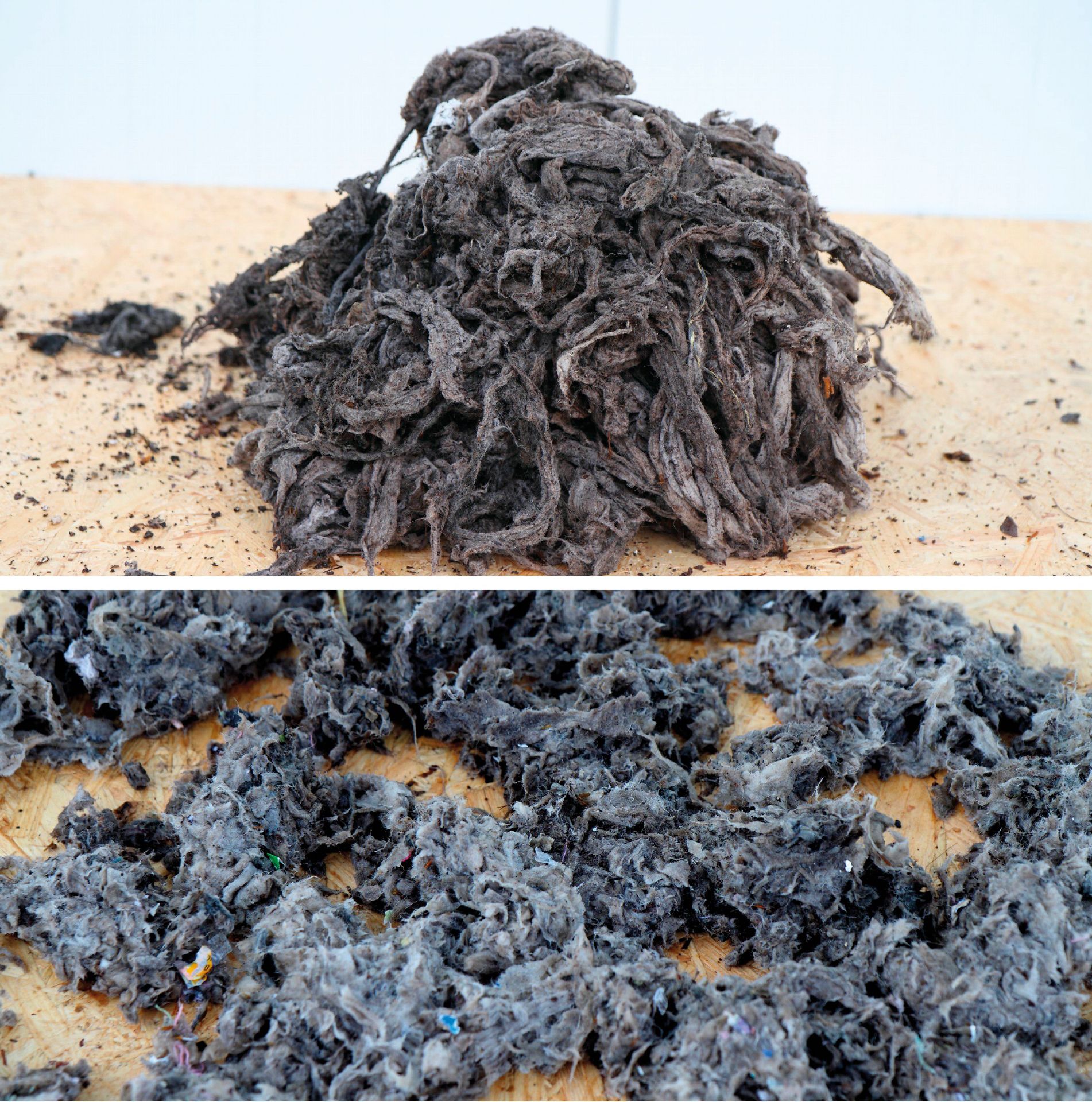
Digitalized control technology improves the efficiency of pumps and grinders
The purchase of a wastewater grinder is an investment that pays off in the long term, as costs are now being incurred more and more frequently due to clogging of the wastewater pumps. In addition, the QuickService concept means that there are no long interruptions to operation for service or maintenance work, as all work can be carried out by the company's own personnel. This means that pumps and grinders are always ready for operation and do not incur extra costs due to unscheduled longer downtimes.
In addition, digitalization of products makes them more cost-effective. The progressive and intelligent control technology enables faults to be detected and rectified at an early stage. Various parameters of the relevant machine are continuously monitored and mapped in real time. This means that you can also query the current status of your pumps and grinders on the go in your web browser, making remote monitoring very easy.
Our control portfolio provides an individual solution for every user - the software is continuously optimized by our experts to provide you with seamless support.
